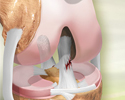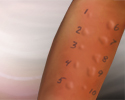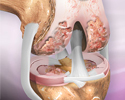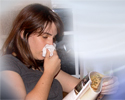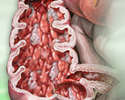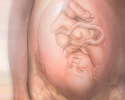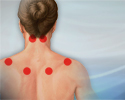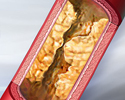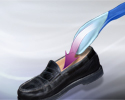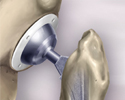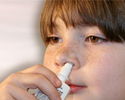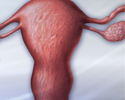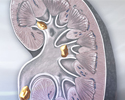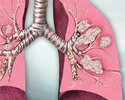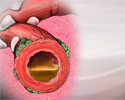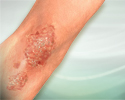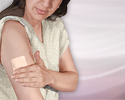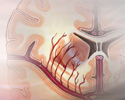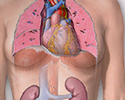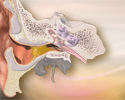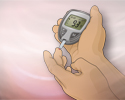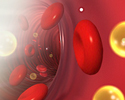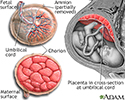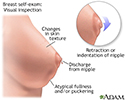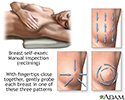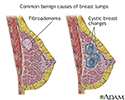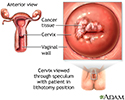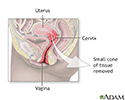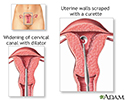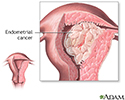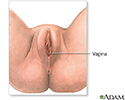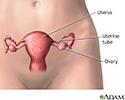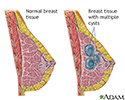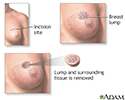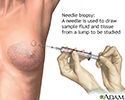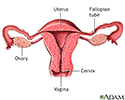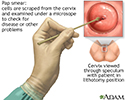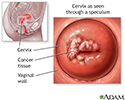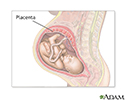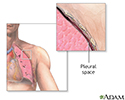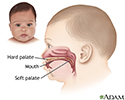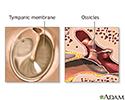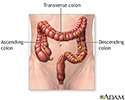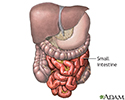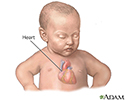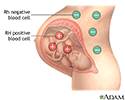The same virus that made you itch and scratch from chickenpox when you were a child can come back to haunt you when you get older. You'll know it's come back by the painful, blistery rash it leaves on your skin.
Shingles is caused by the varicella-zoster virus, the same virus that's responsible for chickenpox. Before there was a vaccine to prevent chickenpox, it was a very common childhood illness. After you have chickenpox, the virus can lie hidden in your body for years. Then when you get older, it can become active again. This time it's called shingles, not chickenpox.
Doctors don't really know why the shingles virus reappears in some people but not others. If you're over age 50 or you have a weak immune system, your risk of getting the disease is higher.
You can tell that it's shingles by the red, blistery patches on your skin, especially if you had chickenpox when you were young. Usually the rash is focused on your trunk area around your back, belly, and chest. You may also have blisters on your face. It will probably hurt, tingle, or burn, sometimes even before there is a rash. When the blisters break open, they'll dry out and form crusts.
If you do have shingles, your doctor may prescribe an antiviral drug like acyclovir, famciclovir, or valacyclovir. These drugs fight the virus that causes shingles, but you need to start taking them within 24 hours after you start feeling the pain and burning of the rash for them to be effective. You may also get medicines to reduce swelling and relieve itching and pain. To ease really bothersome itching at home, soak in a soothing bath or gently rub calamine lotion on your skin.
Most cases of shingles clear up within a couple of weeks. Sometimes, though, shingles can leave behind permanent nerve damage, called postherpetic neuralgia.
The good news about shingles is that once it clears up, it's usually gone for good. But the pain, and nerve damage it causes, can sometimes linger. If you've had shingles and your pain isn't subsiding or your rash isn't clearing up, call your doctor. To avoid getting shingles, stay away from anyone who has either shingles or chickenpox, especially if you've never had chickenpox before. And get vaccinated against the varicella-zoster virus if you're over age 50.
 All rights reserved.
All rights reserved.






